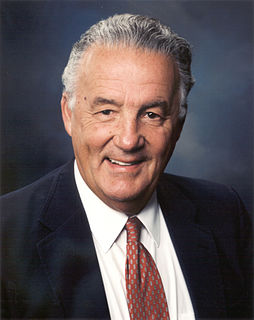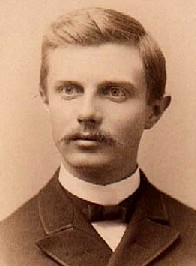A Quote by Sarah Vowell
American history is a quagmire, and the more one knows, the quaggier the mire gets.
Related Quotes
I have always been interested in mythology and history. The more I read, the more I realized that there have always been people at the edges of history that we know very little about. I wanted to use them in a story and bring them back into the public's consciousness. Similarly with mythology: everyone knows some of the Greek or Roman legends, and maybe some of the Egyptian or Norse stories too, but what about the other great mythologies: the Celtic, Chinese, Native American?
The lesson this teaches and which every Afro-American should ponder well, is that a Winchester rifle should have a place of honor in every black home, and it should be used for that protection which the law refuses to give. When the white man who is always the aggressor knows he runs as great a risk of biting the dust every time his Afro-American victim does, he will have greater respect for Afro-American life. The more the Afro-American yields and cringes and begs, the more he has to do so, the more he is insulted, outraged and lynched.



































